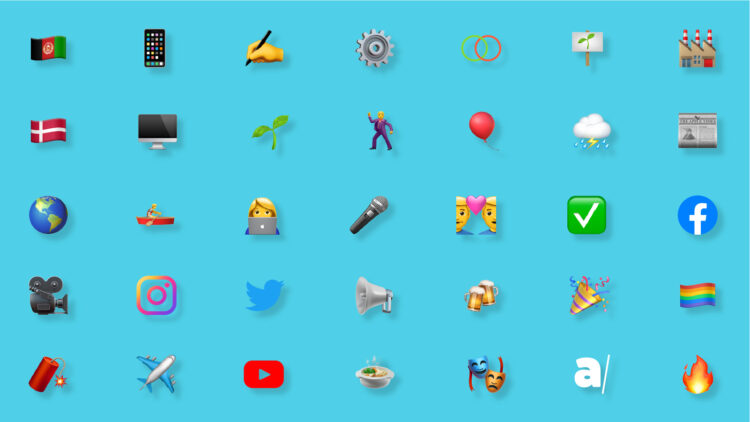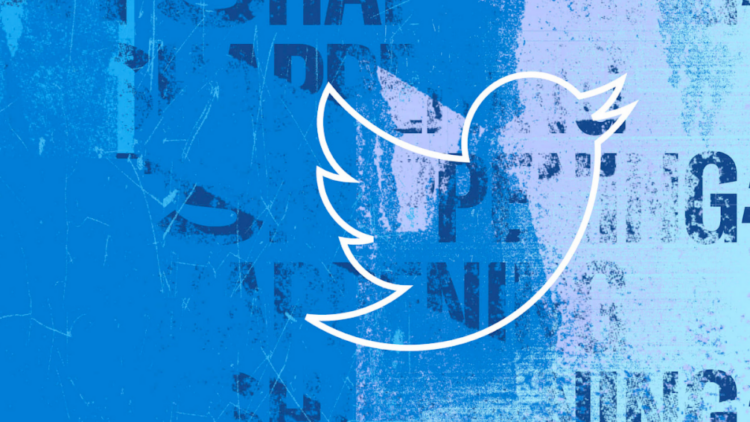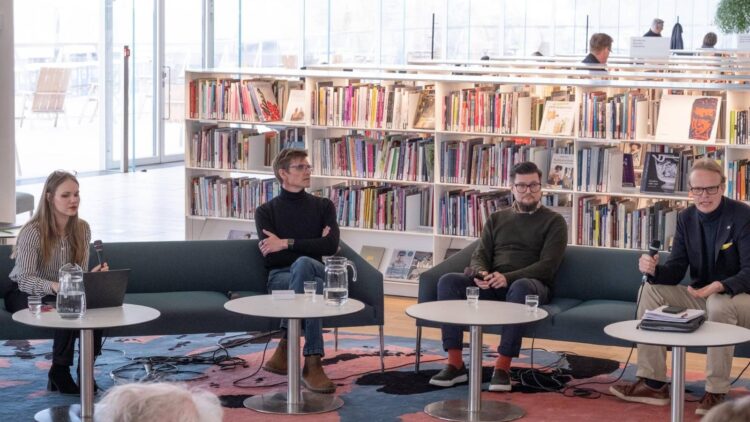Is China trying to control the narrative about Xinjiang on Google News?
A study of the Belgian media landscape as aggregated by Google News
Our last study on the representation of the Xinjiang province in People’s Republic of China (PRC) on Google News has shown that the content produced by Chinese state-controlled sources has outnumbered top western media outlets.
When Belgian users of Google News searched for the keyword “Xinjiang,” part of the content they were presented with was produced by Chinese state-controlled actors. These stories were overwhelmingly positive, with little to no mention of the Uyghur community and no mention of human rights issues in the region.
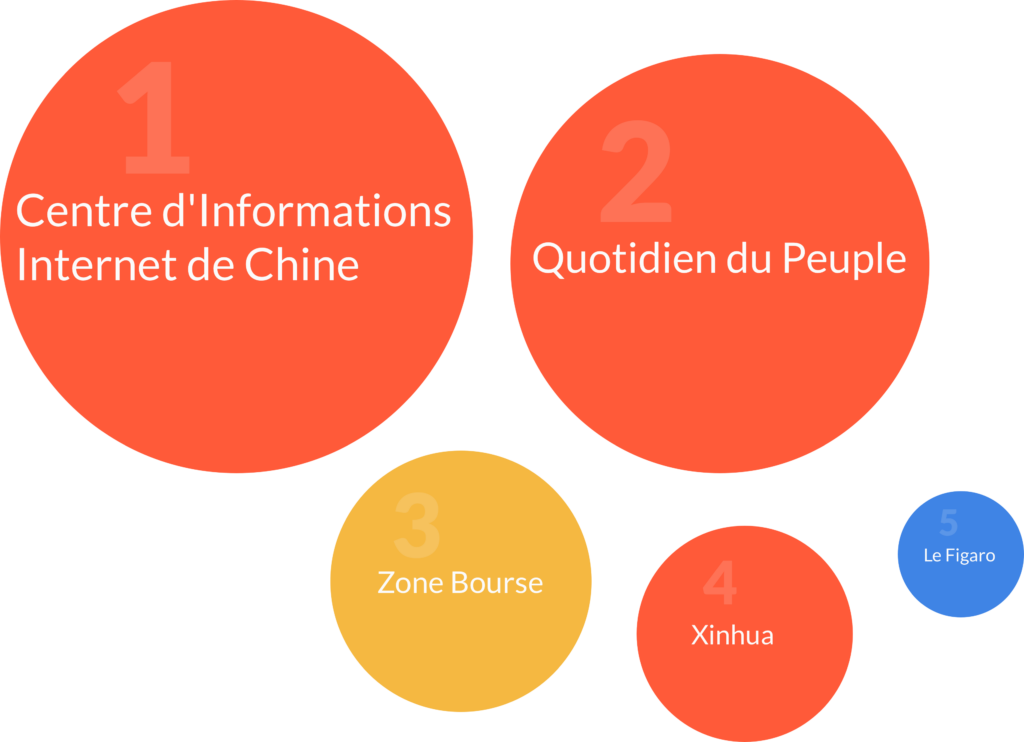
In fact, 13% of all articles displayed about Xinjiang were written by Chinese state-controlled sources. Our study found that six Chinese outlets produced the majority of the articles returned in Google News’ search results, in, what looks like, an attempt to dominate the coverage of the region.
Among 209 publishers covering Xinjiang on Google News, six state-controlled Chinese outlets produced 27% of the articles written on the subject. The most prolific Chinese outlet about Xinjiang was the French language version of the “China Internet Information Center,” an outlet directly run by the Chinese government. This could be interpreted as a deliberate strategy from the Chinese state-controlled outlets to flood the market with their content, produced in French, in order to dilute the western coverage of the region and avoid discussing the sensitive topic of human rights of the Uyghur community.
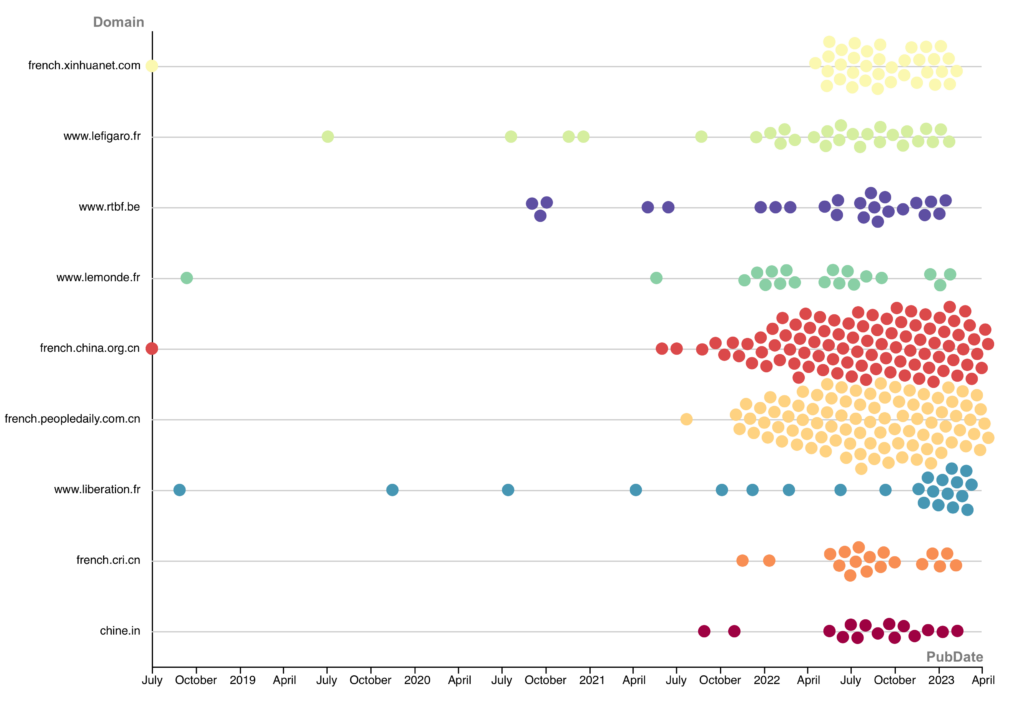
Our study also found that, for the most part, Google News presents users with content from mainstream media sources from Belgium, France, and the Netherlands, depending on the language considered. On other search terms besides “Xinjiang,” the service generally does not seem to promote dubious publications. However, some questionable sources can be found in the results, such as political content presented as “news” from the PTB, a left-wing Belgian political party, and the French far-right Boulevard Voltaire website. Although present on Google News, these outlets appear only marginally and are not displayed frequently in search results.
In conclusion, the report shows that the representation of news on digital platforms is still heavily influenced by state-controlled sources and that efforts must be made to promote independent and reliable sources of information. The report also highlights the importance of media diversity and the need for media literacy, as users can be easily swayed by a flood of information from one particular source. The findings of this study provide insights into the current state of news representation on digital platforms and the need for a more balanced and diverse representation of information.

![[INTERVIEW] Apache](https://crossover.social/wp-content/uploads/2021/12/Apache-750x422.png)
